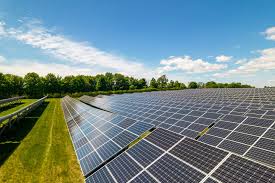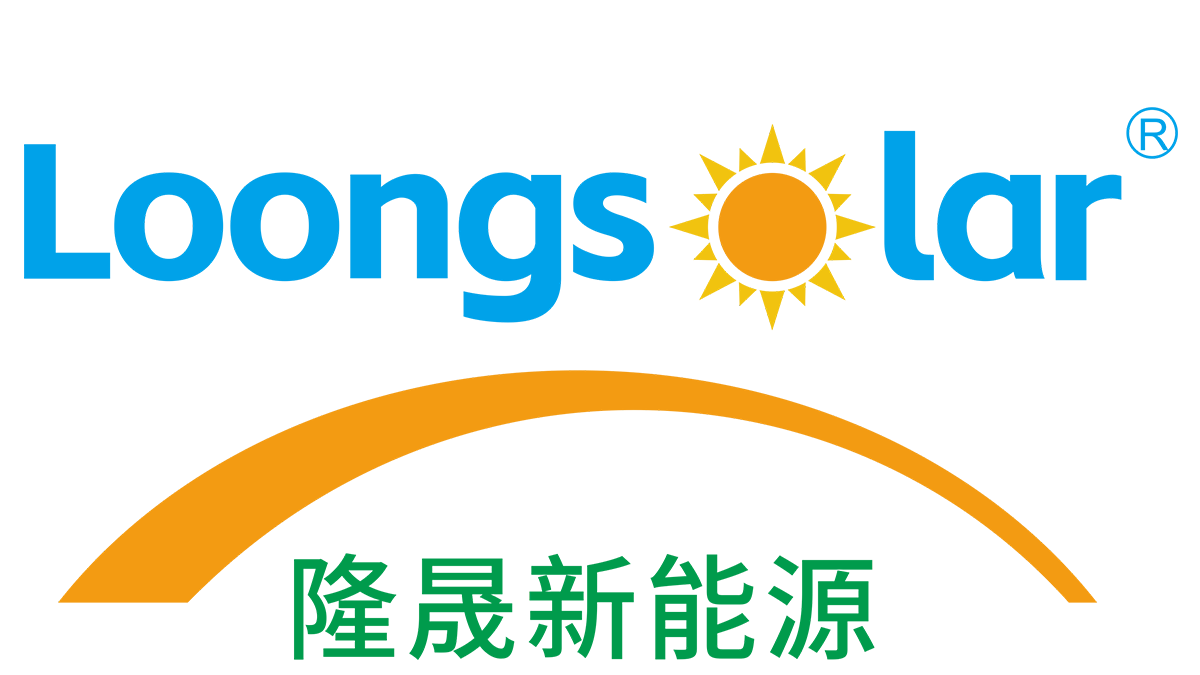How Do Solar Panels Work?
Solar panels have revolutionized the way we harness energy by converting sunlight into electricity. As the world shifts to renewable energy, it's important to understand how solar panels work. This knowledge can help you make smart choices about using this eco-friendly technology. This article delves into the science and functionality behind solar panels.

The Science Behind Solar Panels
Solar panels operate on the principle of the photovoltaic (PV) effect. Here’s a step-by-step breakdown:
- Sunlight Hits the Solar Cells Solar panels are made up of many small units called solar cells. Manufacturers typically make these cells from semiconductor materials like silicon. When sunlight strikes the surface of a solar cell, photons (light particles) knock electrons loose from the atoms in the silicon.
- Electric Field Creates Flow Each solar cell has an electric field. This field guides free electrons to move in one direction. This movement creates a flow of electrical current. This process generates direct current (DC) electricity.
- Inverter Converts DC to AC Most appliances and electrical grids use alternating current (AC). Therefore, the direct current (DC) from solar panels must be changed. An inverter does this job. It allows homes and businesses to use the energy or sends it back to the grid.
- Electricity is Utilized or Stored The electricity you make can power your home now or be saved in batteries for later use. You can also sell extra energy back to the grid, which can help you save money.
Components of a Solar Panel System
A typical solar panel system includes:
- Solar Panels: Capture sunlight and convert it into electricity.
- Inverters: Convert DC electricity to AC electricity.
- Mounting Systems: Secure panels on rooftops or the ground.
- Battery Storage (Optional): Stores excess energy for use during non-sunny periods.
- Monitoring Systems: Track energy production and usage.
Benefits of Solar Panels
- Sustainable Energy Source Solar panels provide a renewable and environmentally friendly way to generate electricity, reducing dependence on fossil fuels.
- Cost Savings Over time, solar panels can lower electricity bills and offer long-term savings.
- Energy Independence By generating your own power, you reduce reliance on utility companies and protect against rising energy costs.
- Low Maintenance Solar panels have no moving parts, making them highly durable and requiring minimal maintenance.
Factors Affecting Solar Panel Efficiency
- Location: Areas with higher sunlight exposure yield better results.
- Angle and Orientation: Proper installation angles maximize energy capture.
- Quality of Materials: High-quality panels and components ensure better efficiency and longevity.
Why Solar Energy Matters
Adopting solar energy contributes to a cleaner, greener planet. It reduces carbon footprints, mitigates climate change, and supports a sustainable future.
Understanding how solar panels work highlights their importance in today’s energy landscape. By converting sunlight into usable electricity, they offer an efficient, eco-friendly, and cost-effective energy solution. Contact us today to find out how solar panels can help your home or business. They also support a sustainable future.





